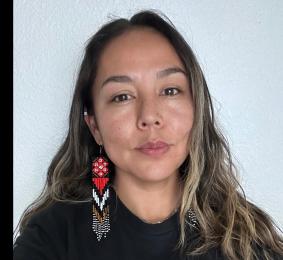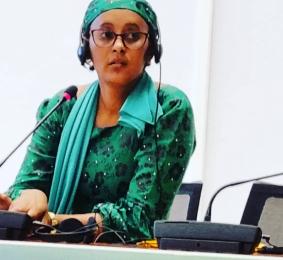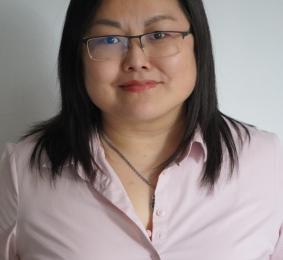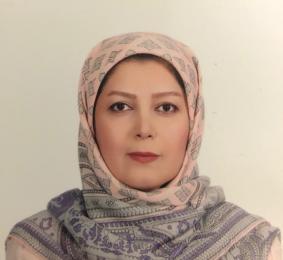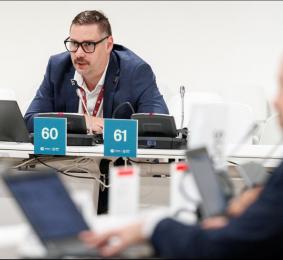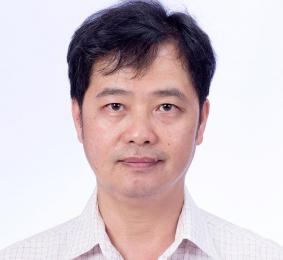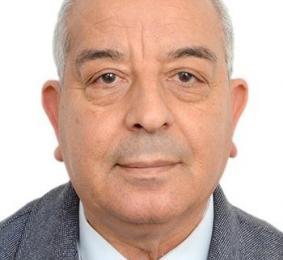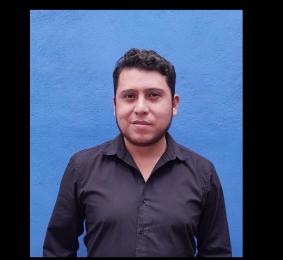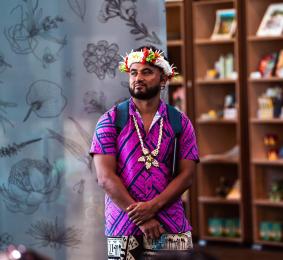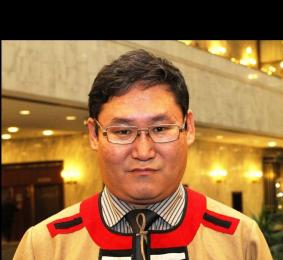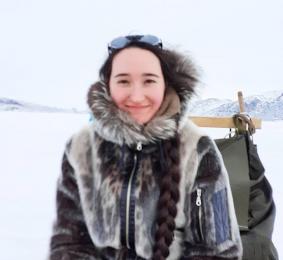LCIPP Facilitative Working Group
LCIPP Facilitative Working Group
The Facilitative Working Group is comprised of 14 representatives, half of which are representatives of Parties, and half of which are representatives from Indigenous peoples organizations. Party representatives are appointed by their respective regional groups and constituencies, and Indigenous peoples representatives are appointed by the Indigenous peoples, through their focal points. The Chair of the SBSTA is notified of all appointments. The addition of three representatives of local communities and three additional Party representatives will be considered in 2021, as part of a broader review.
Composition
The Facilitative Working Group is comprised of 14 representatives, half of which are representatives of Parties, and half of which are representatives from indigenous peoples organizations. Party representatives are appointed by their respective regional groups and constituencies, and indigenous peoples representatives are appointed by the indigenous peoples, through their focal points. The Chair of the SBSTA is notified of all appointments. The addition of three representatives of local communities and three additional Party representatives will be considered in 2021, as part of a broader review.
Term
The representatives serve for a term of three years and are not eligible to serve two consecutive terms (they are to remain in office until their successors have been elected).
Chairing
Two co-chairs and two vice co-chairs are elected annually from among the FWG representatives. They serve for a term of one year each. One co-chair and one vice co-chair are representatives of Parties and the other co-Chair and vice co-chair are representatives of indigenous peoples and, as appropriate, local communities (referring to the review mentioned above). The election and rotation of the co-chairs and vice co-chairs will take into account regional geographic balance, and strive for gender balance.
Gender balance
In decision 2/CP.24 on the LCIPP, the COP stressed "the importance of striving for gender balance in the appointment processes of representatives in accordance with decisions 36/CP.7, 23/CP.18 and 3/CP.23".
The FWG main membership of 14 is currently composed of 6 female representatives (5 indigenous peoples representatives and 1 Party representative) and 8 male representatives (2 indigenous peoples representatives and 6 Party representatives).
With regards to the alternate members, of the 12 nominated, 7 are female (4 indigenous peoples representatives and 3 Party representatives) and 5 are male (3 indigenous peoples representatives and 2 Party representatives).
